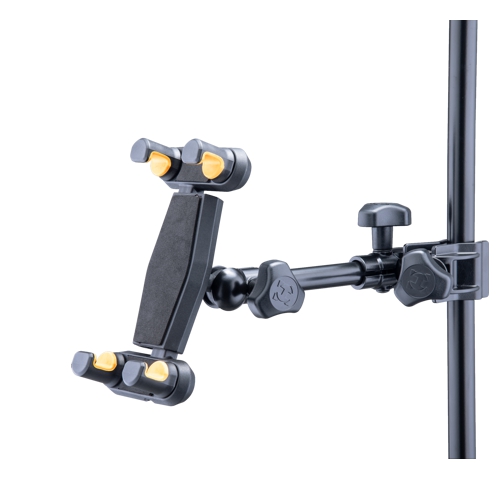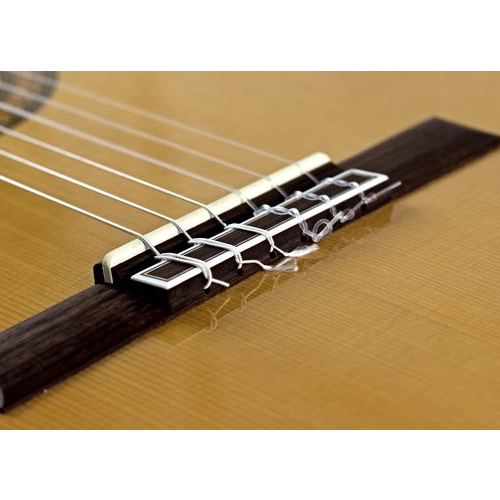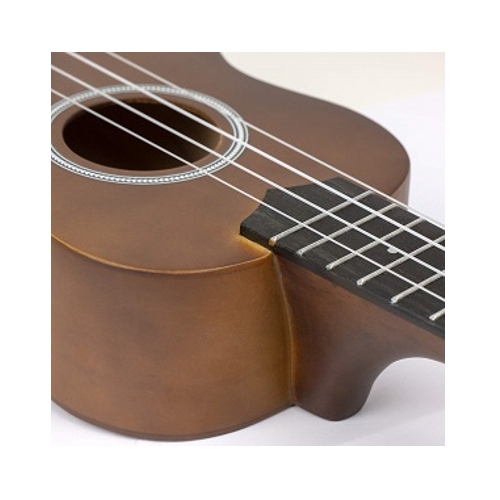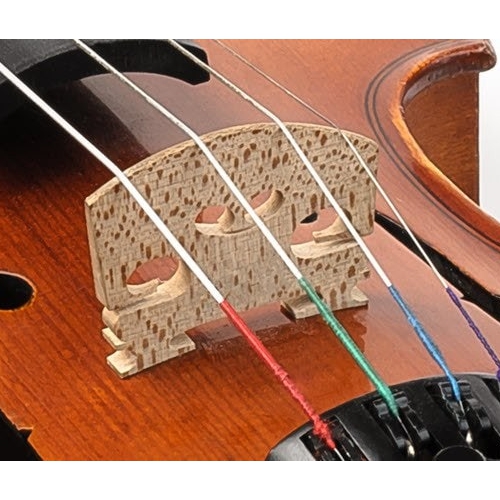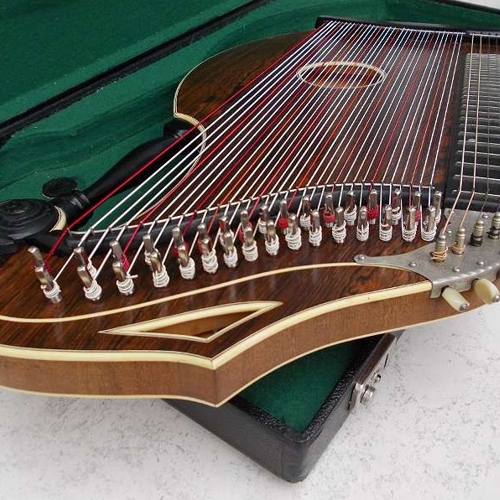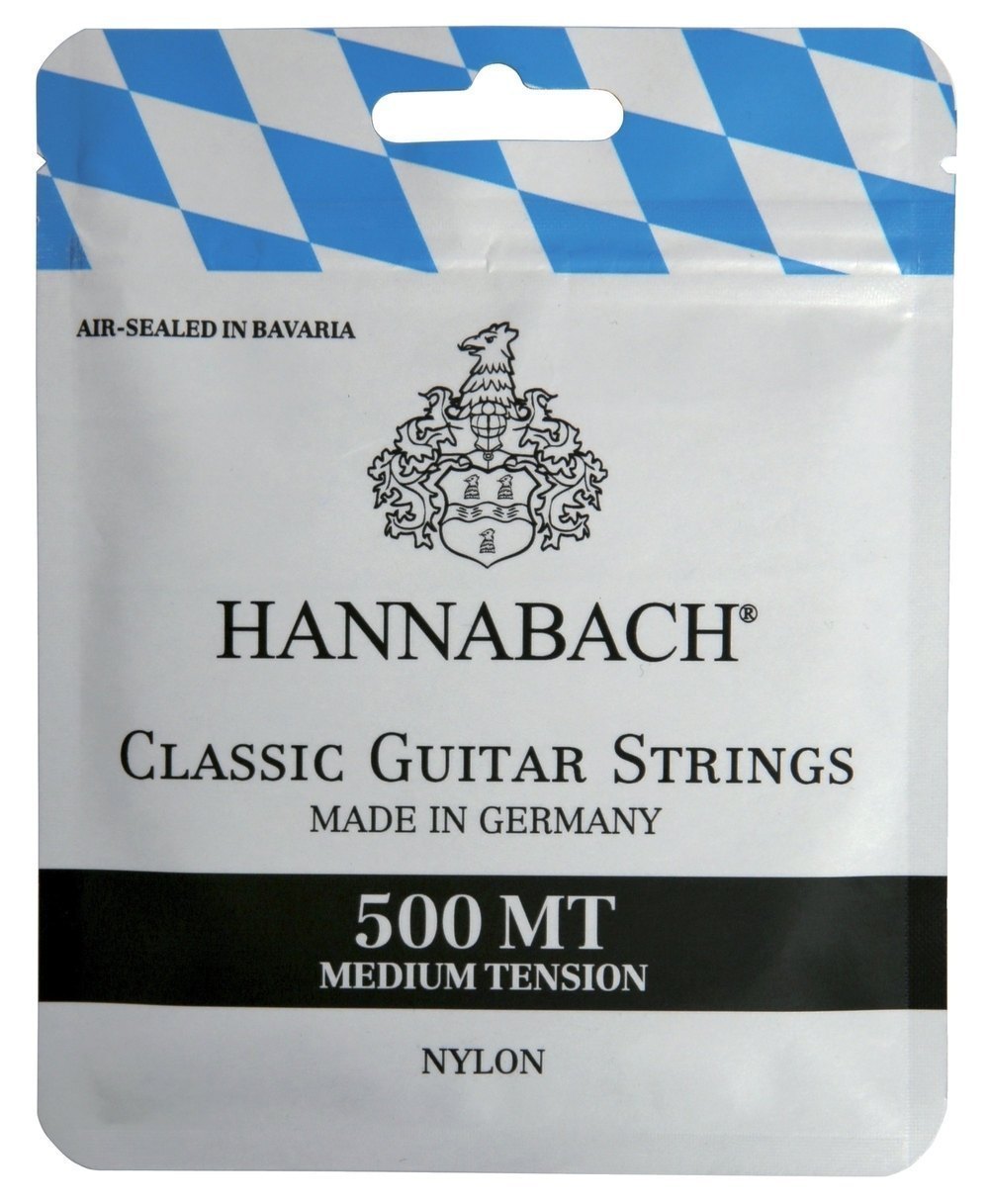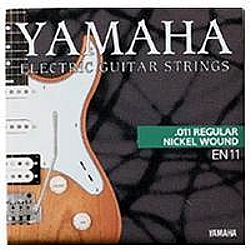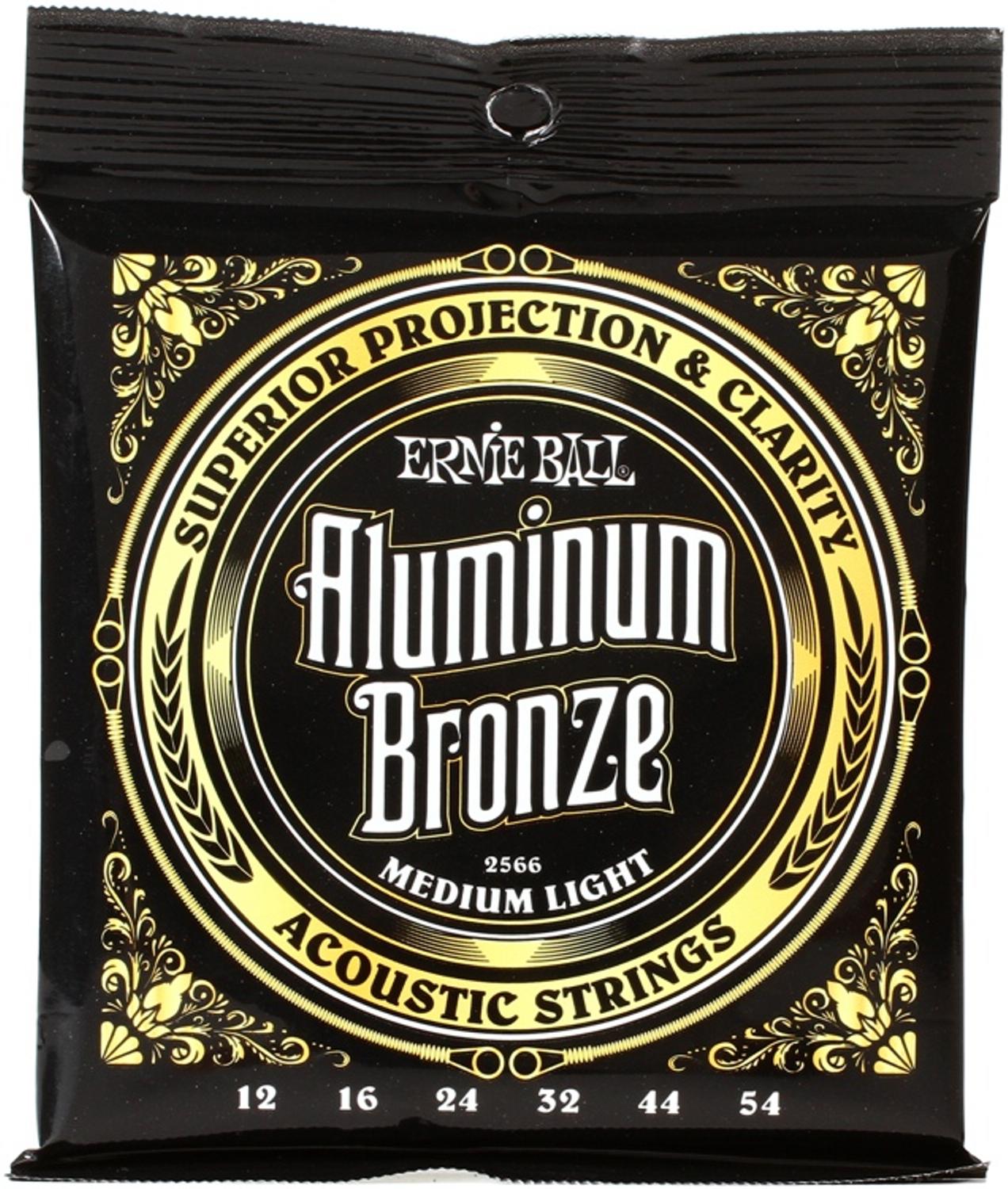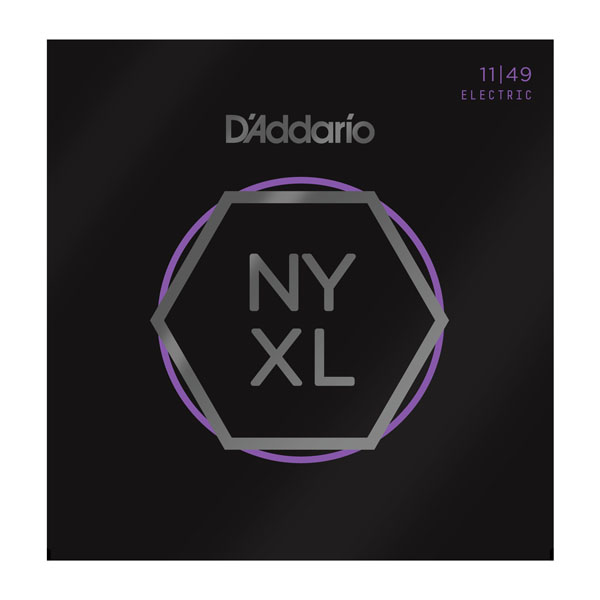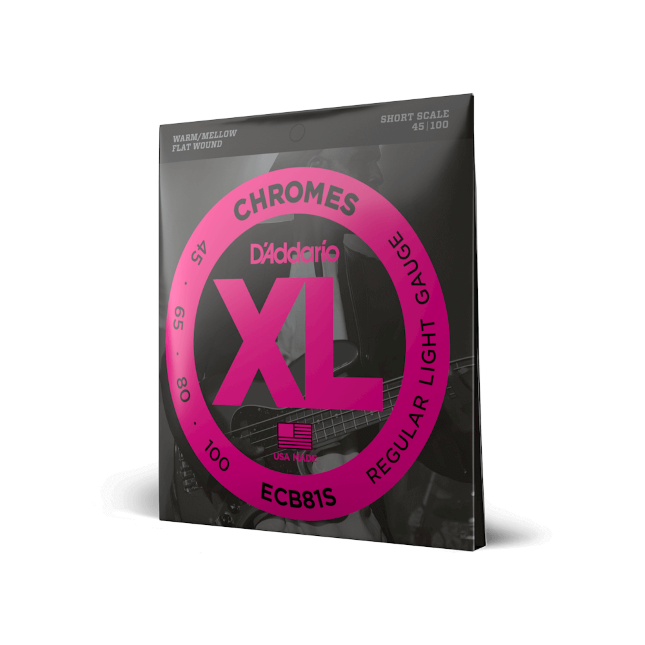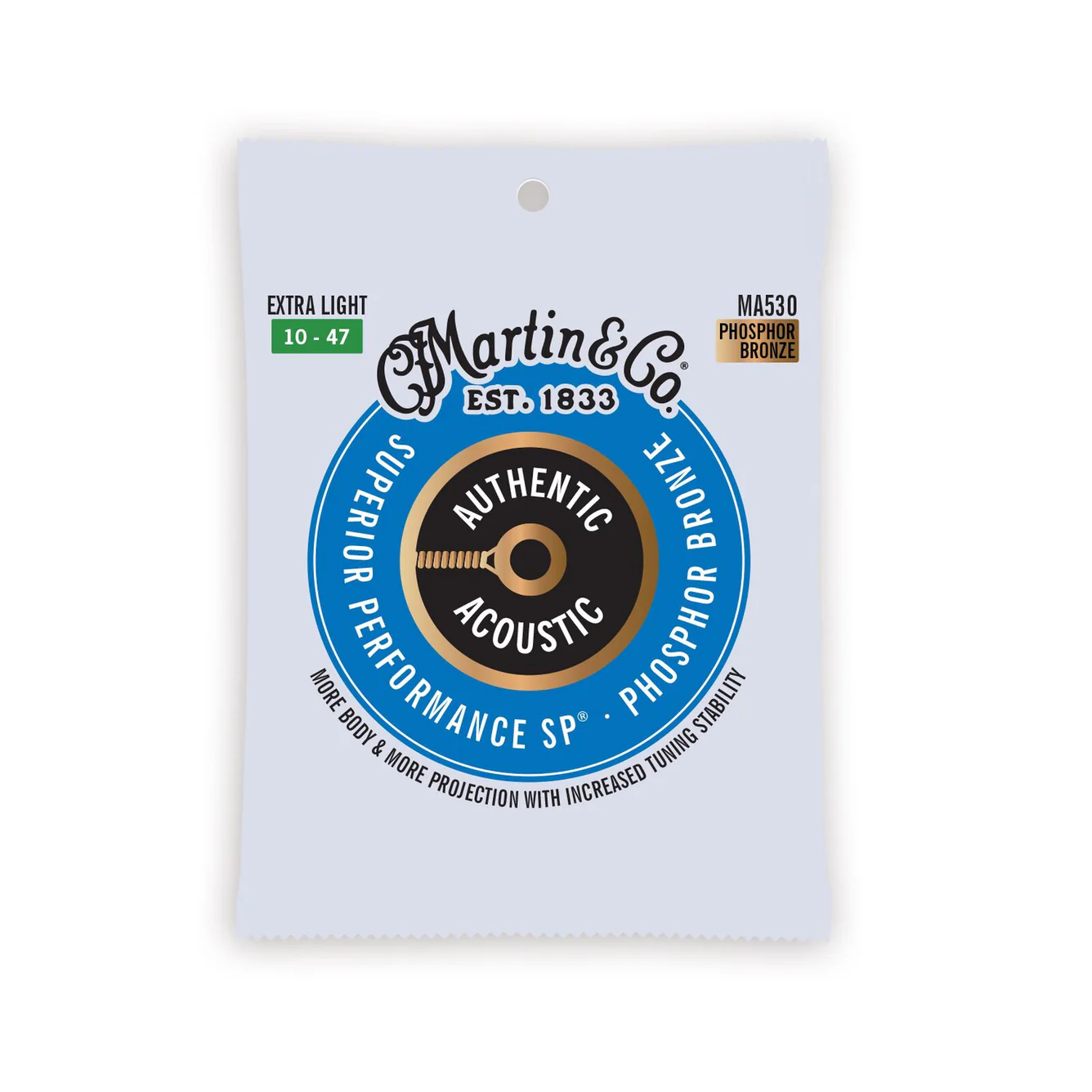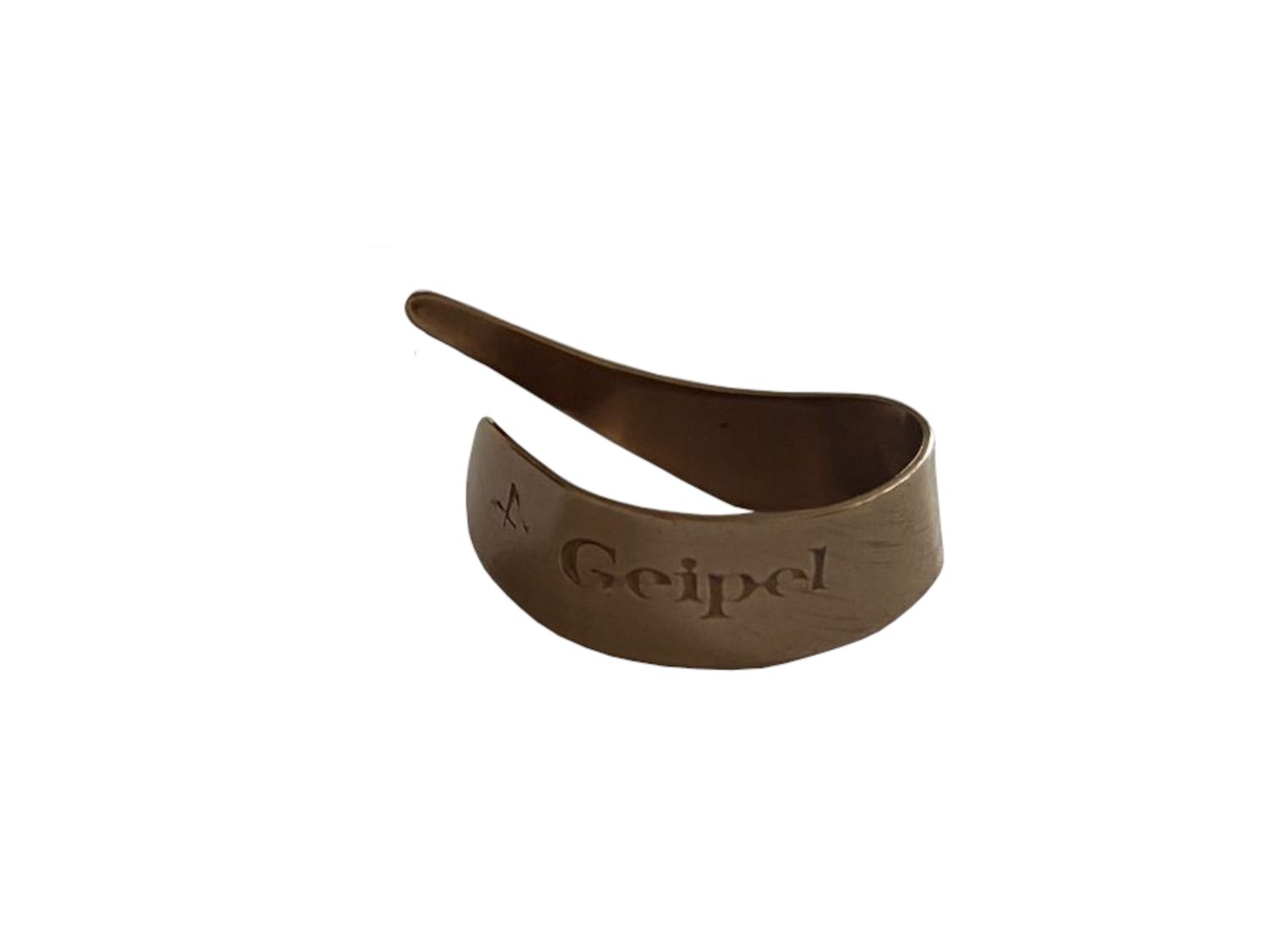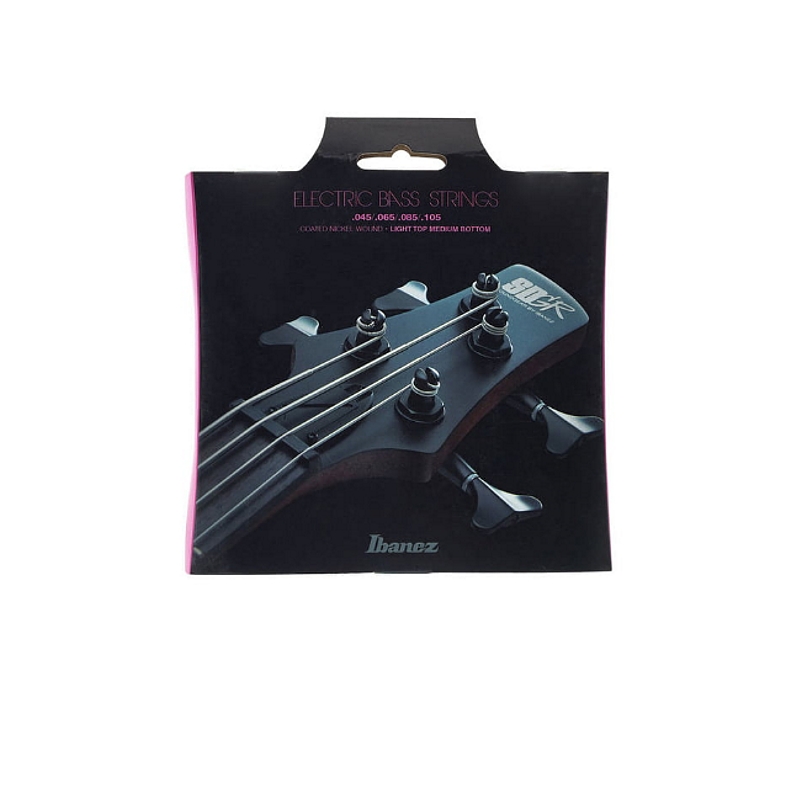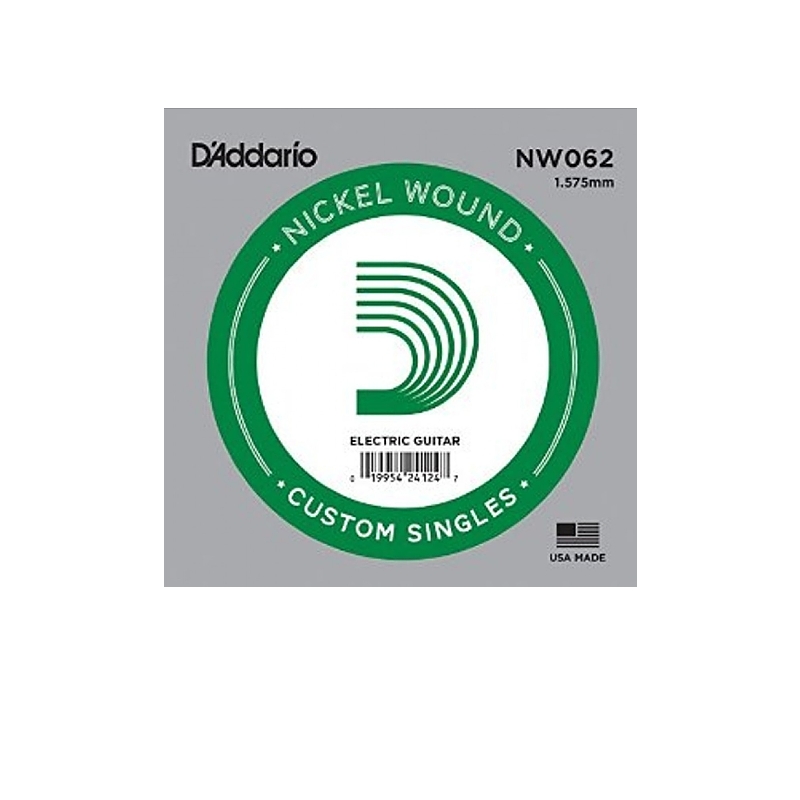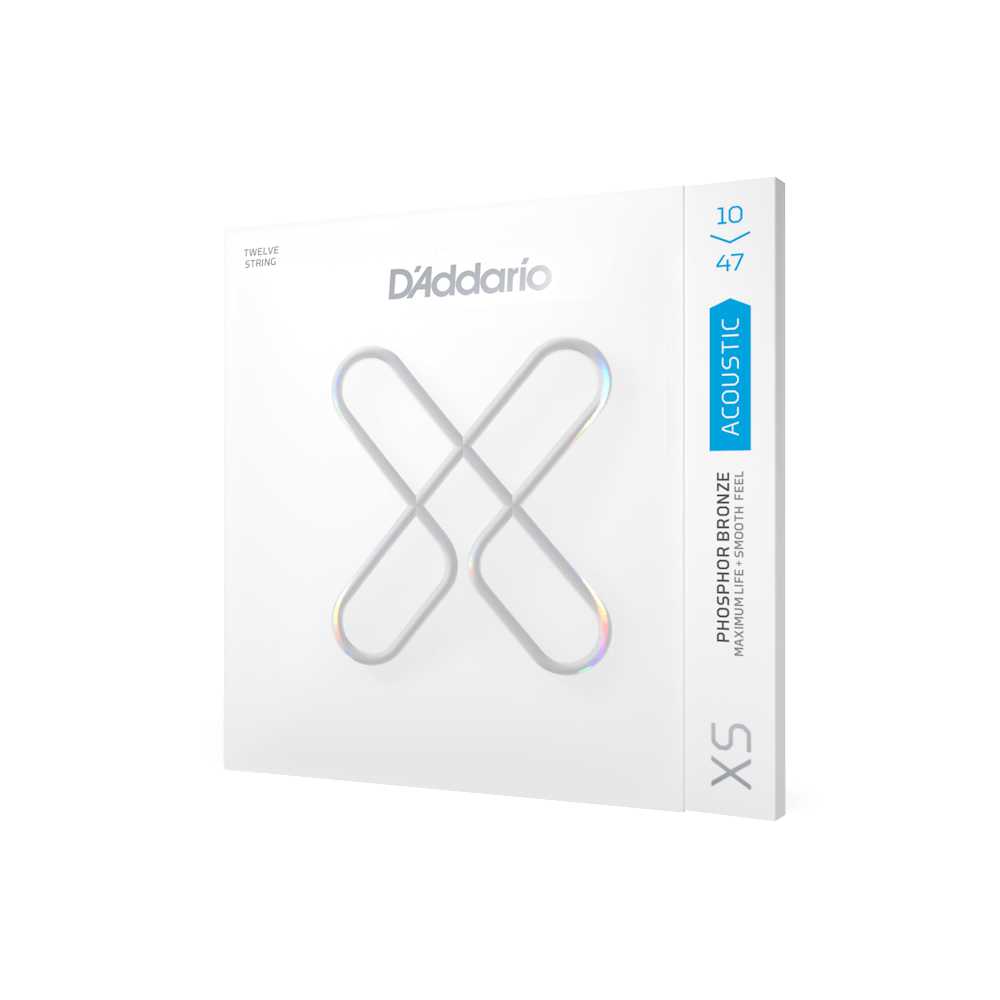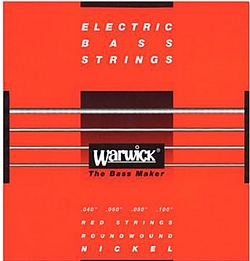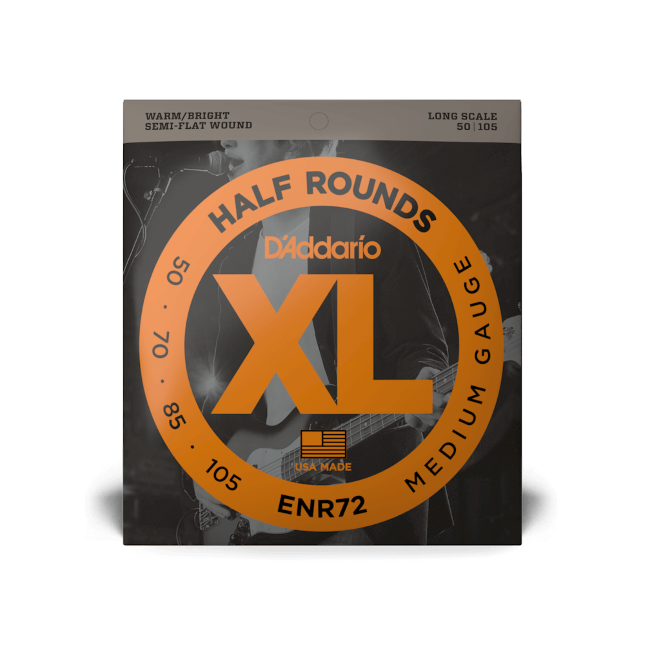Strings
Here you will find a large selection of strings for all stringed and bowed instruments
TOPSELLER
TOP BRANDS
Strings
Strings for Classical Guitar
The classical concert guitar is strung exclusively with strings made of nylon or carbon. It is strung with three high treble strings and three bass strings. The strings of the concert guitar are offered in different tensions, which result from the hardness of the material. Strings with high tension (hard tension) sound a bit louder and more assertive, but are harder to press, which means that the weaker the tension, the easier it is to play. However, steel strings should never be pulled onto the concert guitar, as they generate very high tensions and tensile forces for which the neck of the concert guitar is not designed. New strings have a great sound and are pleasant to play, so we recommend changing the strings "too early rather than too late" if you are not sure.
Strings for Folk Guitar
Steel strings are stretched on folk guitars. A whole set of steel strings is colloquially named after the high e-string. So in a set of 10, the high e string is 0.010 inches in diameter. Based on this, you can then derive the strength of the other strings, since the common sentences are standardized. The standard material used for wrapping steel strings is bronze. An 80/20 alloy (80% copper, 20% tin) is common. In terms of sound, bronze strings are metallic and assertive in terms of height. Phosphor bronze strings are somewhat harder and more resistant to corrosion. This is an alloy that usually consists of 90-92% copper and 9.5% - 7.5% tin; the rest is phosphorus, these sound a little softer and warmer.
Strings for Electric Guitar
Best choice for beginners: Easier to play: Due to the small string thickness (.009 set), you need less force when fingering chords than with thicker strings (e.g. .010 or .11 set). This is of particular benefit to beginners who (still) have sensitive fingers (with little callus). Guitar strings made of nickel-plated steel are the most popular variant among electric guitar strings. In terms of sound, they ensure a good combination of warmth and brightness. Coated guitar strings are more durable and less prone to dirt or rust. Different thicknesses of strings result in different vibration behavior and thus a slightly different sound.
Strings for Electric Bass
The strings of the electric bass have a larger diameter than the electric guitar, since the higher the string mass changes the vibration behavior in such a way that the desired deep tone can only be achieved with an acceptable string tension with thicker strings. Roundwound strings are wrapped with a round wire, while flatwound strings are wrapped around the core with a flat metal tape, which makes them feel a little softer. In terms of sound, flatwound strings generate little or no noise when you slide your fingers over the electric bass strings. But they don't sound as bright as roundwound strings. Due to the lower friction, such strings are initially more comfortable on the fingers.
Strings for Acoustic Bass
First choice of strings for acoustic basses: phosphor bronze strings; these deliver a bright and loud acoustic sound. Black nylon strings or phosphor strings are an alternative for an amplified sound. Although these two are acoustically much quieter, they do meet a well-balanced, amplified sound.
Strings for Ukulele
Many well-known manufacturers use plastic strings with a higher density for ukulele, so the ukulele has better dynamics and a clearer sound. The manufacturers also offer the right set for the respective ukulele sizes, so that the string tension is adapted to the instrument and you can achieve optimal playability and the best sound.
Strings for Violin
Both the core material and the wrapping shape the sound of a string and thus of the instrument. Steel strings are characterized by a powerful sound, silver wrapping, for example, ensures a warmer sound. Gut strings are valued primarily for their warmth and the ability to modulate their sound. Plastic or synthetic strings are available in different tonal characteristics. The bandwidth ranges from a powerful, brilliant sound spectrum to a tonal approximation of the gut string.
Strings for Cello
The different types of strings differ in terms of sound, tuning stability and lifespan. Gut strings are characterized by a soft, warm sound that can be modulated. Synthetic strings are available with different windings and strengths. Depending on the tone and sound that the instruments produce through the bows, a string in strong, medium or soft is used, with medium being the most common strength. Classic properties of steel strings are their insensitivity to temperature and humidity and their long service life.





